Erbil, Iraq — Israel has been hammering Iran’s nuclear and military sites for a week. To reach their targets, Israeli warplanes must cover about 1,000 miles, traversing as many as three countries, including Iraq, which sits right on Iran’s western border. For decades, Iranian groups opposed to the Islamic Republic’s theocratic rulers have organized in exile across the border in Iraq, including ethnic Kurdish factions that have become well organized, and armed.
Kawsar Fattahi is a leader in one of the opposition parties that’s been outlawed in Iran and labelled a terrorist organization by the authorities in Tehran.
“The regime is weakening day by day,” she told CBS News. Fattahi believes the government led by Ayatollah Ali Khamenei could collapse under the pressure of the Israeli assault. If it does, she said it would be just deserts for the Islamic hardliners who have ruled the nation with an iron fist for almost half a century.
“Okay, the war is bad. People are dying. But it’s still not that much killing [as] the Iranian regime itself do,” she told CBS News, arguing that Iran’s leaders have killed more Iranians themselves over the decades than the Israelis have with a week of blistering warfare. Iranian officials have only acknowledged about 220 deaths from Israel’s strikes, but the Washington-based Human Rights Activists in Iran group, which relies on a network of sources in the country, says the death toll is really over 650, with more than 2,000 others wounded.
Iranian Leader Press Office/Handout/Anadolu via Getty
Ayatollah Khamanei, the 86-year-old who’s ruled the nation of 90 million people for nearly four decades, is only Iran’s second supreme leader since the 1979 revolution that brought the conservative, deeply anti-American Islamic Republic to power. The revolution toppled a pro-Western, but deeply corrupt and repressive royal family which had led Iran to a secular and relatively prosperous nation in the region.
Many older Iranians can still remember those pre-revolution days, and many younger Iranians, even with their censored view of the outside world, crave the freedoms that the regime has brutally stifled.
The regime is deeply unpopular with many Iranians, and that has manifested in mass protests on several occasions over the last decade, including those calling for an end to forced Islamic dress codes and other restrictions on women. The demonstrations have been met with deadly force.
Iranian opposition wants support, but not U.S. “boots on the ground”
Seeking to tap the vein of simmering discontent inside Iran, Israeli Prime Minister Benjamin Netanyahu has appealed to Iranians to rise up against their own government again — saying now is the time, with the regime at its weakest thanks to his country’s assault.
“Brave people of Iran, your light will defeat the darkness,” he urged last week after launching the attacks.
Due to the war, the “Iranian regime have lost their control to suppress people, because a lot the leadership of IRGC [Islamic Revolutionary Guard Corps] have been killed,” she said. “Now the power of suppression are weakening inside Iran, so it can lead people to come street again.”
But Fattahi told CBS News that Iranians do not want Israel, or the U.S., to engineer regime change in Tehran. She said that while American airstrikes might help further weaken the government, Iranians want to topple their leaders — and decide who replaces them — on their own.
“We do not want their boots on the ground, obviously,” she said. “We don’t want [a] made-up state.”
YOUNES MOHAMMAD/Middle East Images/AFP/Getty
What kind of support do Fattahi and her group want from the world’s biggest military, then?
“Don’t compromise with the regime, because they are killing people,” she said. “World would be a better place without the Iranian regime, for all of us.”
She said Iranians, with enough support from the international community, are ready and willing to build their own new government, and “we want a democratic Iran. We want a secular Iran.”
She said her party was already having discussions with U.S. officials.
“We are negotiating,” she said. Fattahi wouldn’t get into the response her party was getting from the White House at this stage.
Iran’s exiled crown prince says “discussions about a post-Islamic Republic Iran have begun”
Kurdish groups aren’t the only Iranian exiles eager to see the back of the clerical regime, however, nor the only ones likely to be talking with officials in Washington about what comes next.
Crown Prince Reza Pahlavi, the son of Iran’s last royal leader, the shah who was toppled in the 1979 Islamic Revolution, has also lived for years in exile, and he has also been an outspoken critic of the ayatollah. Pahlavi, who lives in the Washington D.C. area, has indicated in interviews this week that he wants to lead a political transition, and that he’s been in discussions already about his country’s future.
“Informed sources inside the country who have been in contact with me say that the regime’s command and coordination structures are breaking down at a remarkable pace,” Pahlavi said in a message posted on social media Friday. “On the other hand, the international community is realizing that the Islamic Republic has no future and that our discussions about a post-Islamic Republic Iran have begun, which could accelerate and facilitate the regime’s fall.”
MATT KARGAR/Middle East Images/AFP/Getty
It remains unclear how much support the son of the ousted shah, whose family is seen as being close to the U.S. and Israel — or the exiled Kurdish groups — might actually garner among Iranians. It’s also unclear how many Iranians still in the country might feel confident enough to take to the streets again, or when that point could be reached, given how swiftly and violently previous popular uprisings have been put down.
Any U.S. military involvement in the offensive against the regime could bring that point closer, but Khamenei has warned that such a move would be met with “irreparable damage” for the U.S.
U.S. military bases across the Middle East are possible targets for Iranian retaliation, along with the roughly 40,00 American troops based at them.
In 2020, Iran attacked an American base here in Iraq with ballistic missiles. CBS News was there just days later to witness the extensive damage, though no U.S. service members were killed. Now, Israel has superiority in Iranian airspace, which it has used to take out missile sites and drones. Iran’s regional proxy groups, such as Hezbollah in Lebanon, which have long posed a threat to U.S. bases in the region, have also been seriously depleted by months of Israeli strikes.
Still, it’s unclear just what Iran, even in its weakened state, could be capable of.
Tucker Reals and
contributed to this report.
exiled-iranians-say-regimes-grip-on-power-weakening-day-by-day-and-theyre-ready-to-build-a-new-future

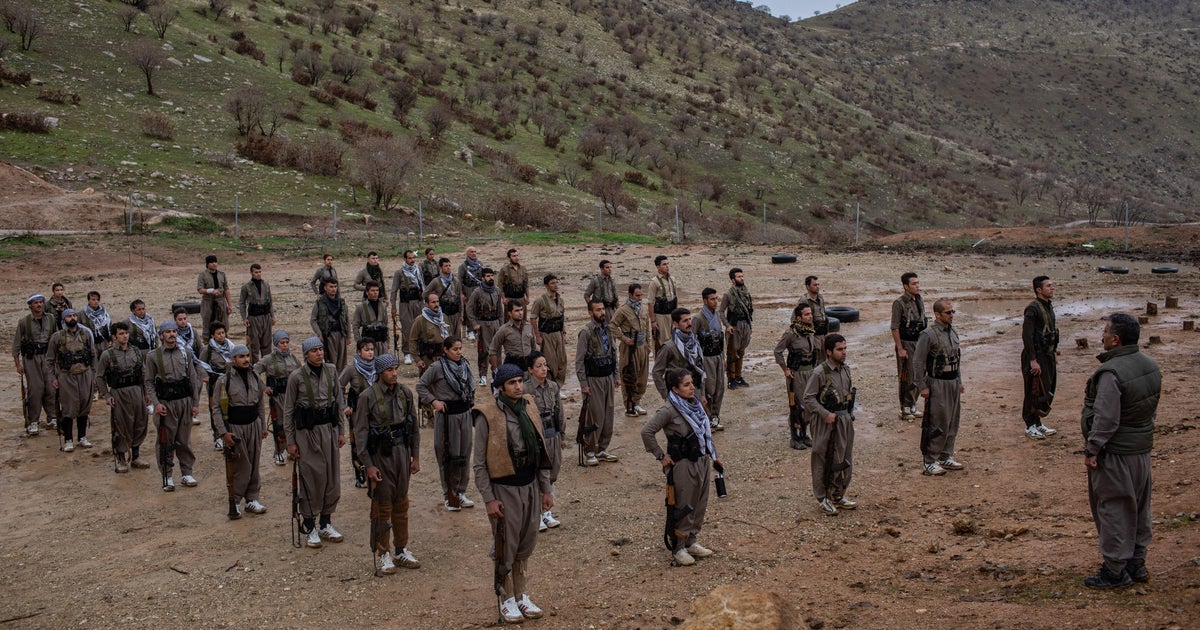



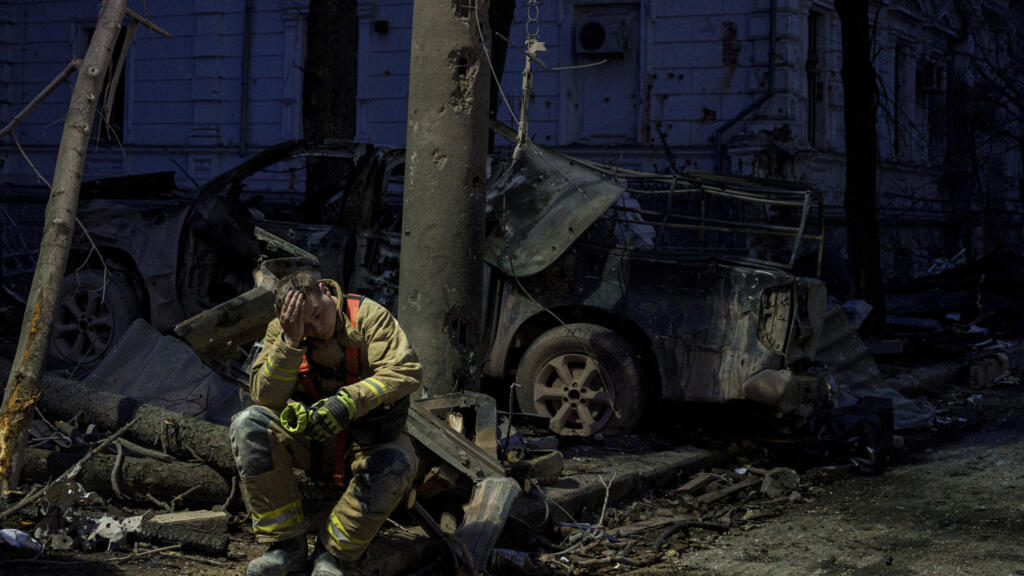


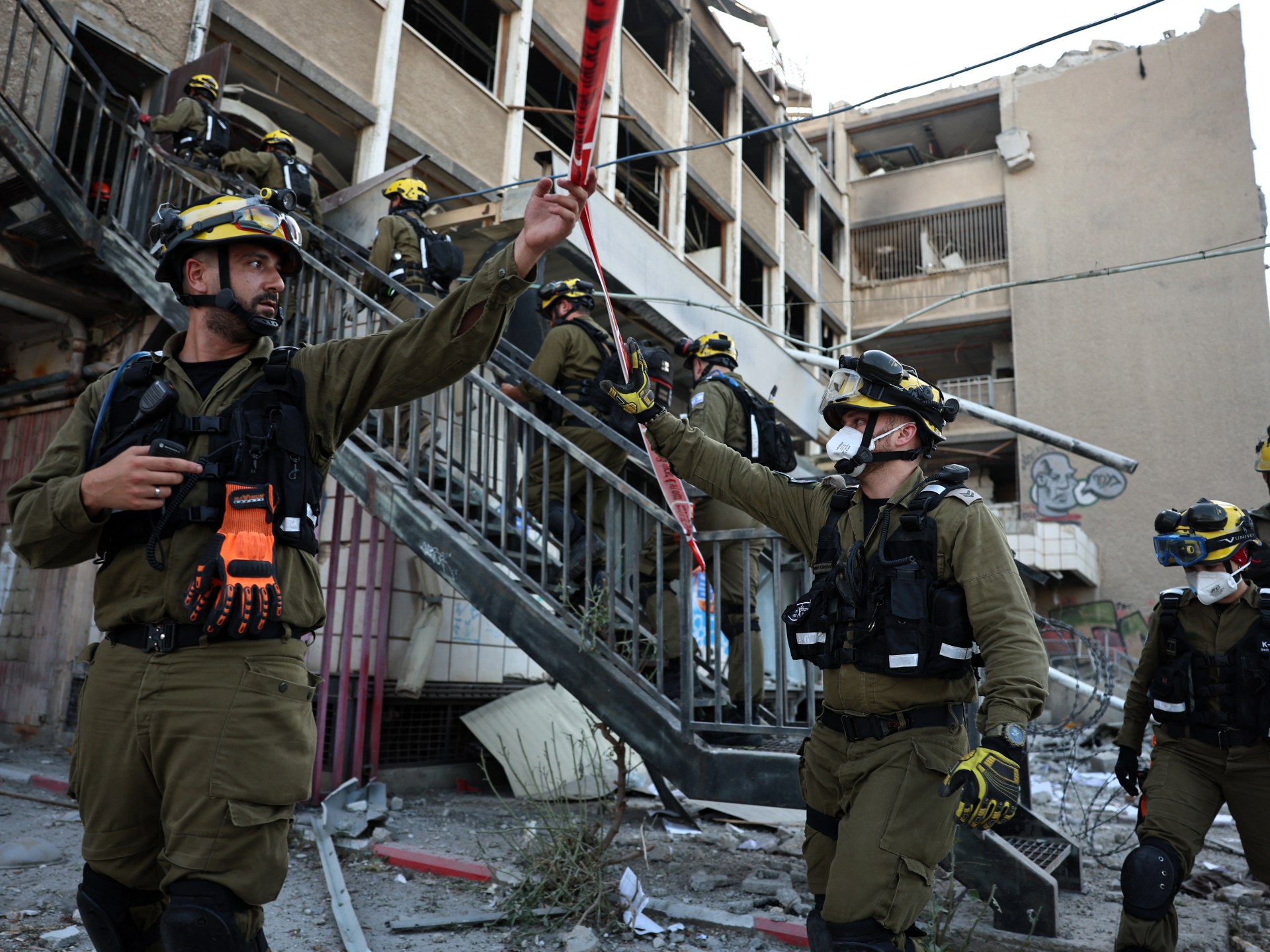


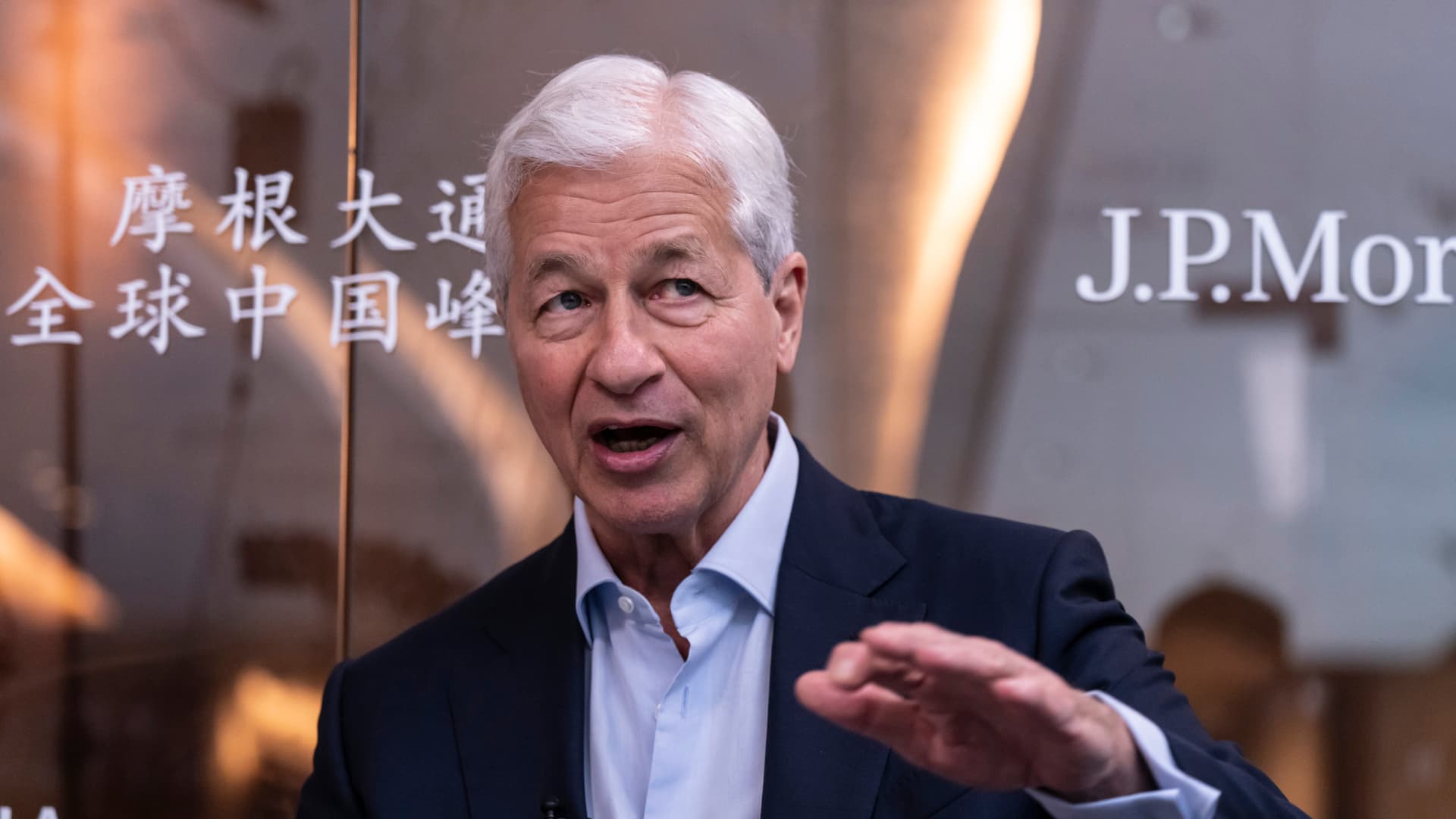
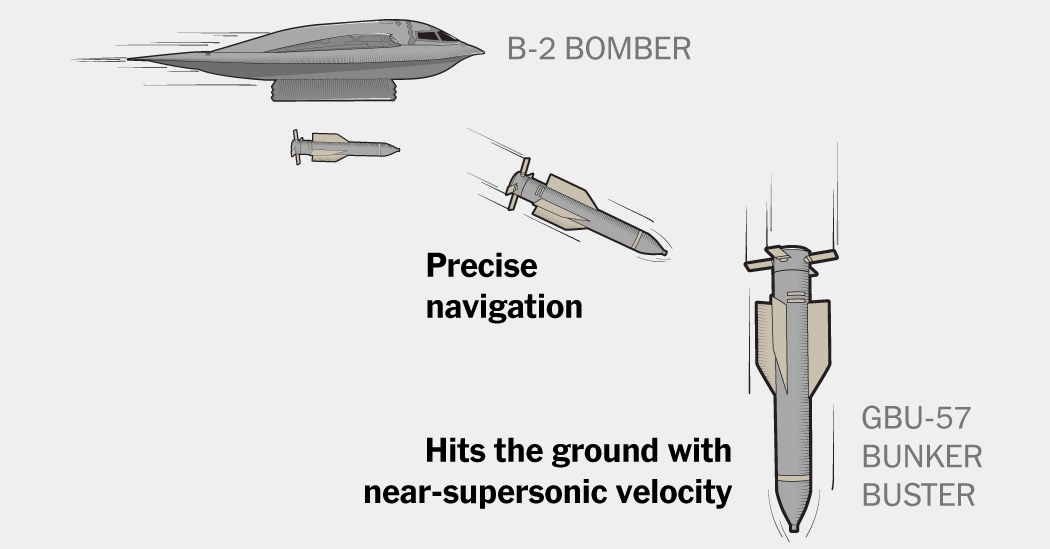

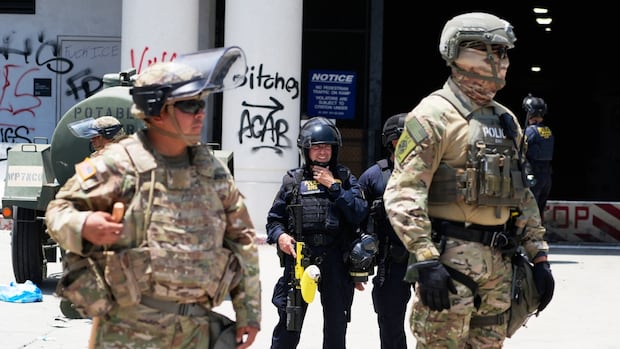



Leave a Reply